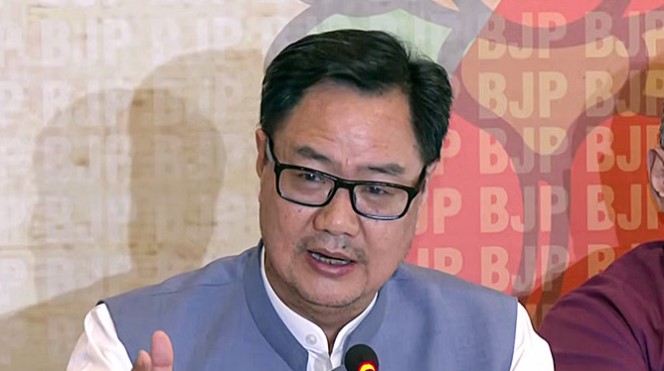
Supreme Court’s Interim Order on Waqf Amendment Act 2025: Highlights and Government's Response
On Monday, the supreme court delivered an interim order on the Waqf Amendment Act, 2025, choosing not to stay the entire law but halting the implementation of specific provisions.
The court emphasized that staying a law passed by parliament is an extreme measure and can only be applied in the “rarest of rare” cases.
Presumption of constitutionality
The court reiterated that all laws passed by parliament are presumed constitutional unless proven otherwise.

One of the key provisions stayed by the supreme court is the one which mandated that only individuals who have followed islam for at least five years can create a Waqf. This provision has been suspended until clear rules are framed to define what it means to be a "follower of Islam".
The court also ruled that the number of non-Muslims in State Waqf Boards and the Central Waqf Council cannot exceed three members.
The entire Act has not been stayed, and the court has allowed the remaining provisions to remain in force while judicial review continues.
Government’s Response
Union minister Kiren Rijiju welcomed the supreme Court’s decision, saying the court has upheld the authority of Parliament.
Rijiju stated, “When a law is made in parliament, it cannot be rejected, and the supreme court has confirmed that today.”
He praised the detailed presentation made by the Solicitor General in defending the Act’s intent and constitutionality.
Rijiju called the judgment a positive sign for indian democracy, reinforcing that the Parliament’s decisions carry weight and judicial scrutiny must be balanced.
He also mentioned the government will review the implementation of the Act, especially concerning Muslim practices and rule-making.




 click and follow Indiaherald WhatsApp channel
click and follow Indiaherald WhatsApp channel